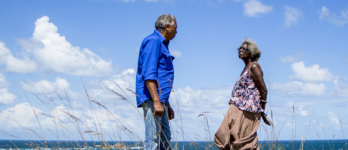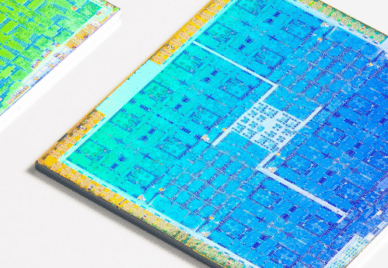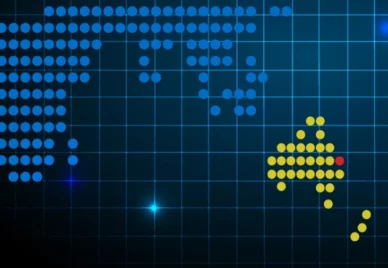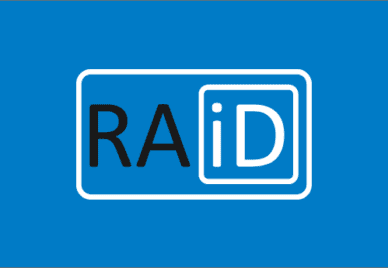
About the Event
This year, the ARDC shifted away from open calls for projects to focusing on delivering digital research infrastructure through Thematic Research Data Commons (RDCs). The new model focuses efforts in domain areas that align with national priorities, researcher demand and concentration, and potential for research translation.
Our first RDC is the Humanities, Arts and Social Sciences (HASS) and Indigenous RDC (HASS&I RDC). HASS research data helps us to better understand culture, society and human wellbeing. It helps us understand the past, interpret the world we live in, and imagine the future. For Australia’s Indigenous peoples, data can be transformational, empowering them to tell their own stories and advocate for change. But the current state of Aboriginal and Torres Strait Islander research data assets leaves them vulnerable to loss, limits data discovery and use, even by traditional owners, and results in the duplication and the over-researching of Aboriginal and Torres Strait Islander communities.
The ARDC is known globally as a strong advocate for the FAIR principles. These principles cross-cut all our work. This continues under the thematic RDCs, and we now want to extend this to realising the CARE principles.
In implementing these principles, the RDC needs to collaborate closely with Indigenous communities, Elders, and organisations to co-design policies and practices that are culturally responsive, inclusive, and empowering. Meaningful engagement, capacity building, and community-led initiatives should be central to the commons’ operations, ensuring that Indigenous Australians are actively involved in decision-making, benefit sharing, and research outcomes. Indigenous knowledge is potentially relevant to all research domains, and this RDC is an initial step towards demonstrating the value of this approach
The HASS&I RDC is our first target for applying both FAIR and CARE principles. We will then carry what we learn into our additional themes of health and medical research (in our People RDC) and earth and environmental science (in our Planet RDC).
Watch the Recording
Speakers
- Jenny Fewster, Director, HASS and Indigenous RDC (ARDC)
- Robert McLellan, Industry Fellow in Indigenous Languages and Program Manager (Language Data Commons of Australia), The University of Queensland
- Robin Burgess, Manager, Engagements (ARDC)
Who Should Attend
Indigenous and non-Indigenous researchers and professionals from:
- across the humanities, arts, social sciences
- across the GLAM and collecting sectors
- all disciplines, interested in the application of FAIR and CARE principles
Date
Time
Type
Location
Run by
Cost
Related Projects
Related News & Events
Related Case Studies







